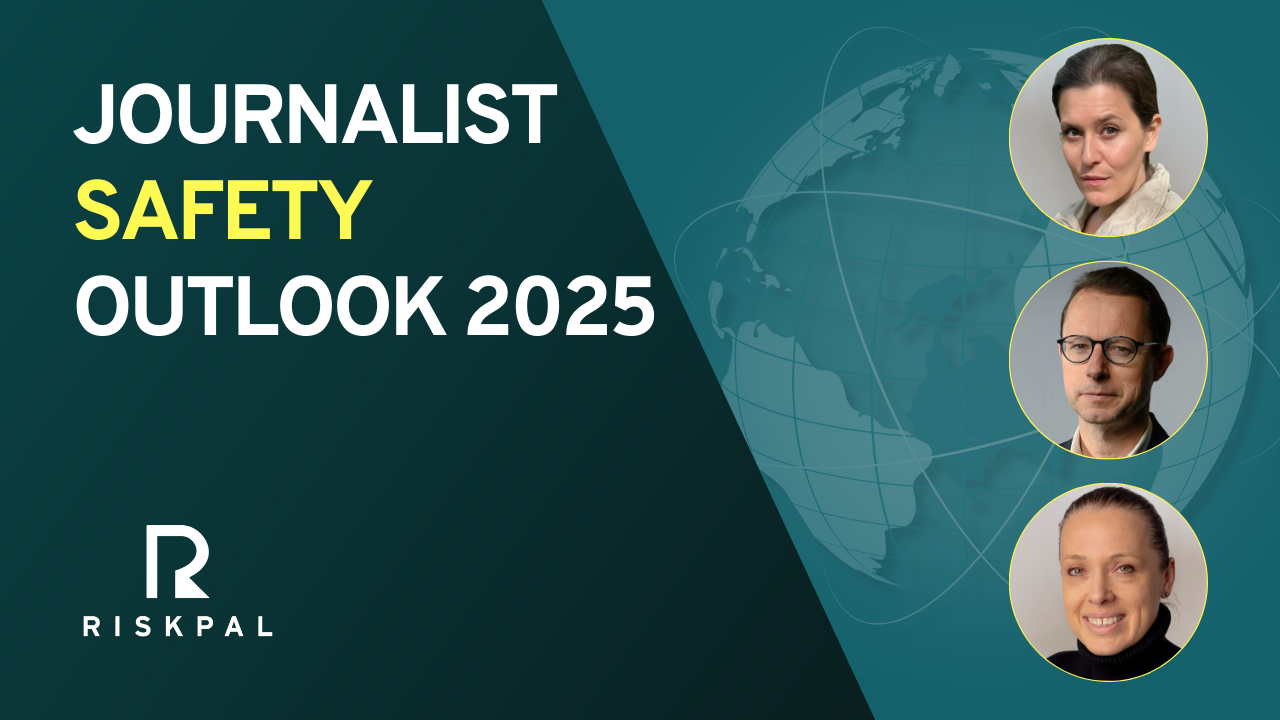Improving Working Practices in Television: The Key Takeaways From Our Recent Webinar
Behind the seemingly glamorous occupation of working in television, there is a harsh reality. People are overworked and underpaid. There is more work and fewer people to do it. Production staff are expected to work crazy hours and are more often than not badly remunerated. The gender pay gap is rife and a significant drop in advertising revenue is leaving people out of work entirely. At the same time, safety issues are often on the back burner.
In short, things are deteriorating for people in this industry.
Our recent panel discussion was a chance for us and special guests to examine television culture as it stands today and consider what we can all do to transform it into a safer and fairer working environment.

Working Conditions Are Getting Worse, Why?
There has been a recent influx of reports about poor working conditions in television. This is not surprising.
One of our panellists, Christa van Raalt, Associate Professor of Film & Television at Bournemouth University, notes that productions are increasingly being commissioned on smaller budgets. As a result, teams are almost being set an “impossible goal” that is only achievable by working 20-hour days. Nevertheless, the expectations prevail.
Over time, this underpins a widespread feeling amongst production teams that they are not respected or valued. More and more production workers are moving to freelance work, which results in less job security, increased stress and reduced regulations, such as training and education.
What’s more, the attention paid to ensuring working practices are safe vs attention paid to ensuring the job gets done has become inexplicably out of balance, putting the safety of production teams at constant risk.
We Must Acknowledge How The Industry Takes Advantage of Workers
In addition to the in-industry impact of budgets dropping and the move to freelance work, there is also a cultural shift at play when it comes to the dramatic increase in reports on bad working practices in television.
Another of our panellists, Catrin Lewis Defis, Producer & Trustee of The Mark Milsome Foundation, discusses the importance of educating production teams on what is and isn’t acceptable.
“Traditionally, we’ve created this situation for ourselves because nobody has told us what isn’t acceptable”, says Catrin. “Now, more people are demanding a work-life balance where possibly we hadn’t had one traditionally”.
The Fear of Speaking Out
Even so, there is a dichotomy at play. Although culturally there is a shift happening whereby workers are demanding better conditions for themselves, there is still a reticence to speak out. Our third panellist, Dr Rowan Aust, Co-Director of ReelTime Media and Good Working Practices Consultant, explores the widespread fear amongst production teams—and perhaps employees in general—of being labelled as “difficult” or “less capable” for voicing concern.
Where does this fear stem from? Often, there is a lack of trusted mechanisms to support workers’ ability to raise concerns in confidence. They do not know who may be made aware of their concerns and how that might impact their ability to work in the future.
At the other end of the spectrum, there are broadcasters who have been exposed for excessively using Non Disclosure Agreements (NDAs) to cover instances of poor working practices.
Neither of these things allows for teams to feel safe to voice their concerns about working conditions, thus fuelling the deteriorating conditions for production teams.
How Can We Work To Transform The Television Industry & Its Working Practices?
Throughout the panel discussion, there was a strong narrative around responsibility. Whether it is production teams or broadcasters, taking accountability for the problems at hand is essential to improving things overall.
As a production team member, what can you do to improve working practices in your industry?
Understand your contract and your rights.
Particularly for those who are employed on independent projects rather than by production companies or broadcasters, there is a lack of education and training around the legalities of working arrangements that must now be taken into the hands of the workers themselves.
By ensuring you have a clear understanding of your contract and rights, you will be far better able to speak out against working practices that do not align.
A huge portion of workers in the television industry are also freelancers, so that sense of independent understanding and autonomy is essential. However, freelance working also comes with its own unique challenges in that you will have unavoidable downtime between jobs, so as part of the personal responsibility for improving working practices, this impact must be recognised.
Panellists recommend that all production employees join Bectu to support their employment journey and education around these issues.
However, this does not mean that the production teams are the ones responsible for fixing these issues – nor can they.
Sustainable Improvement Must Come From The Top
The people in more powerful positions, the production companies and the broadcasters, must change how things are done to push for a systemic change in these working practices.
The nature of production is that a workforce may only be with a company for 6 weeks, all the while working under conditions that lead to burnout, which doesn’t hit until after production has finished.
The industry is also currently working in a way that allows employers to hide from how their workforce is being impacted. These issues have become largely invisible, and production teams have become disposable.
With this in mind, there must be a continuous push for conversations with decision-makers to continue and advocate for change. Without this, the safety of production teams will remain compromised.
Did you miss the webinar and you want to listen to our full conversation? You can watch the recording here:
At RiskPal, we are dedicated to ensuring the safety and welfare of production teams. We emphasise the importance of fair pay, the need for a positive culture of respect and accountability when things go wrong. We provide streamlined safety solutions that prioritise the wellbeing of all in production, but also make it easier to get the job done. If you want to help us transform the industry for the better please get in touch to find out more.



